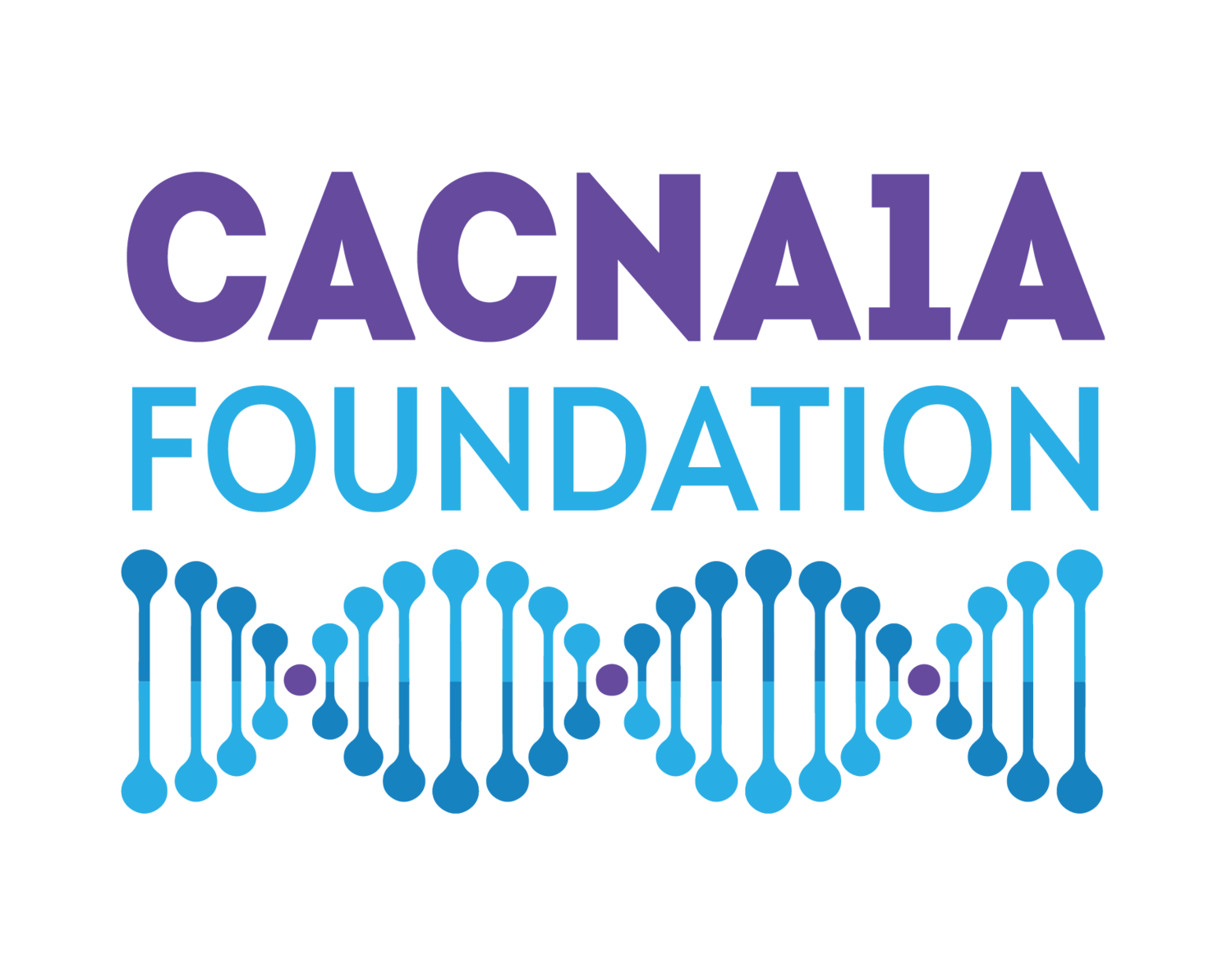For the second year in a row, the CACNA1A Foundation was invited to participate in the Million Dollar Bike Ride (MDBR). We pedaled, walked, and volunteered to support more research for CACNA1A-related disorders. Our team gathered in Philadelphia on June 8th with over 850 other participants representing 37 rare diseases for an unforgettable day!
Together, our team raised $27,677, which was matched dollar-for-dollar by Penn Medicine's Orphan Disease Center (ODC) for a total grant of $57,450. These funds will be used for a one-year pilot grant for new research on CACNA1A!
Letter of Interest (LOI) Applications were due Friday, September 20th, 2024 by 8 pm ET
We are grateful to everyone who joined us in Philly and to all those who donated to Team CACNA1A!
Specific areas of interest include:
Discovery and validation of outcome measures and endpoints for CACNA1A-related disorders. This could include (but is not limited to): identification of surrogate endpoints for the episodic disorders EA2, seizures, and hemiplegic migraine, or adaptation of currently used outcome measures for ataxia, communication, and cognition for the broader CACNA1A community.
Establishing a human cell-based model system to 1) investigate CACNA1A protein expression in an allelic series of established patient-derived iPSC lines and 2) investigate disease mechanisms of CACNA1A variants in both glutamatergic and GABAergic circuits, 3) develop phenotypic and/or molecular readouts for screening of potential therapeutics.
Therapeutic approaches for CACNA1A-related disorders. The heterogeneity of symptoms requires the development of multiple therapeutic treatments for the CACNA1A community. Approaches we are interested in funding include (but are not limited to): drug repurposing or repositioning, small molecules, antibodies, gene therapies, and nucleotide-based therapies. While we are looking for approaches that will broadly impact the patient community, we will also support the development of disorder-specific treatments.
*This Request for Applications (RFA) is open to the international research community. All individuals holding a faculty‐level appointment at an academic institution or a senior scientific position at a non-profit institution or foundation are eligible to respond to this RFA.

